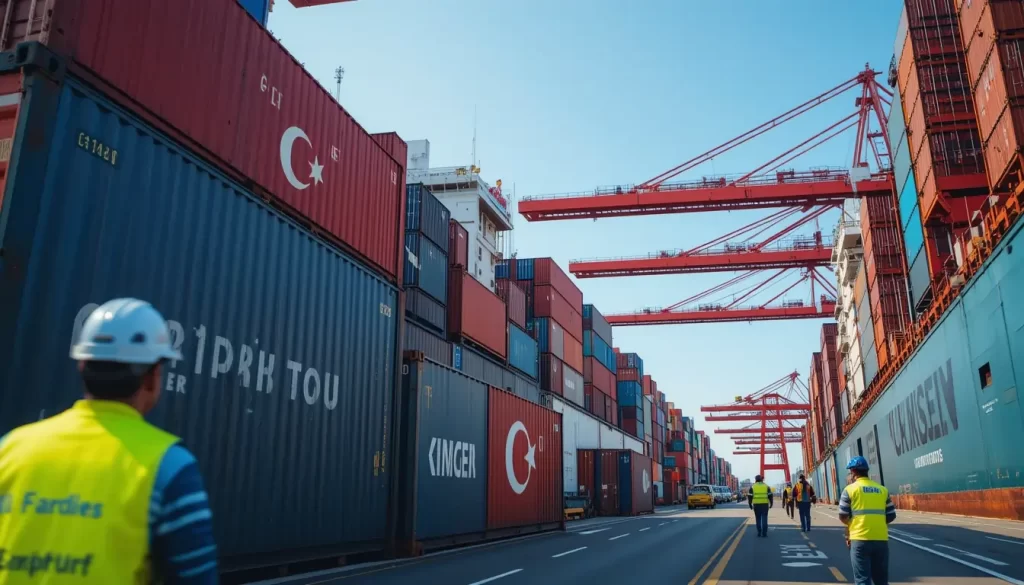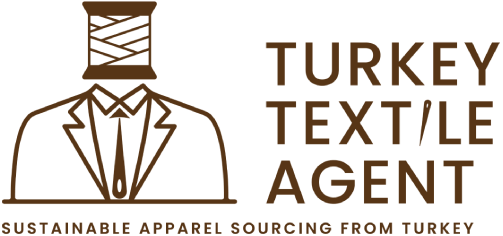Working with Turkish factories presents a lucrative opportunity for businesses aiming to leverage the region’s production quality, competitive pricing, and geographical advantage. However, navigating the complexities of international sourcing requires insight, strategy, and cultural competence. In this comprehensive guide, we explore the intricacies of collaborating with Turkish manufacturers and reveal actionable solutions to overcome common sourcing challenges.
Why Turkey Is a Strategic Manufacturing Hub
Turkey has evolved into a powerhouse of industrial manufacturing, spanning textiles, automotive, furniture, electronics, and machinery. Key advantages include:

- Proximity to Europe and the Middle East: Strategic location reduces shipping times and logistics costs.
- Customs Union with the EU: Streamlined access to European markets.
- Skilled labor force: Strong tradition in craftsmanship, especially in textiles and furniture.
- Competitive pricing: Lower production costs than Western Europe, with better compliance than many Asian alternatives.
Understanding Common Sourcing Challenges When Working with Turkish Factories
Despite Turkey’s many benefits, several challenges can hinder smooth cooperation with local factories:
1. Communication Barriers
Many Turkish manufacturers have limited English proficiency. Misunderstandings in product specifications, delivery timelines, or technical requirements can delay production and quality.
Solution:
- Use clear, written documentation.
- Employ bilingual intermediaries or translators.
- Opt for manufacturers with established export departments.
2. Quality Control Inconsistencies
Turkish factories may follow varying standards. Without clear SOPs, quality fluctuations between batches can occur.
Solution:
- Conduct on-site audits before finalizing agreements.
- Establish third-party inspection protocols.
- Set strict, documented quality control standards from the outset.
3. Navigating Turkish Business Culture
Business relationships in Turkey are often built on trust, loyalty, and face-to-face interaction. Cold transactional approaches may be poorly received.
Solution:
- Invest time in personal relationships with factory owners.
- Make regular visits to Turkey to strengthen trust.
- Engage local agents familiar with both Turkish and Western business practices.
4. Lead Time Volatility
Production delays, material shortages, and holiday shutdowns (especially during Ramadan and Bayram) can disrupt supply chains.
Solution:
- Build buffer times into your production calendar.
- Confirm lead times with backup suppliers.
- Order in advance during high-volume seasons.
5. Pricing Fluctuations Due to Economic Instability
Turkey’s currency has faced periodic devaluation. These shifts can lead to unpredictable changes in pricing and payment terms.
Solution:
- Negotiate contracts in USD or EUR.
- Use fixed-term pricing where possible.
- Work with financial advisors for currency risk management.
How to Find the Right Turkish Manufacturer for Your Business
1. Use Reputable Directories and Platforms
Start with industry-specific directories or Turkish trade fairs to identify credible manufacturers. Trusted sources include:
- Turkish Exporters Assembly (TIM)
- Istanbul Chamber of Industry (ISO)
- Trade shows like Istanbul Textile Exhibition and Eurasia Packaging Fair
2. Verify Credentials and Certifications
Ensure compliance with international manufacturing standards such as:
- ISO 9001 (Quality Management)
- GOTS or OEKO-TEX (for textiles)
- CE Marking (for electronics and machinery)
Request factory audits and documentation before contract finalization.
3. Prioritize Export-Oriented Factories
Factories experienced in export operations are more likely to:
- Understand Western compliance and expectations
- Offer multilingual support
- Provide better logistics and customs handling
Tip: Look for manufacturers that already export to countries similar to your target market.
Key Negotiation Strategies When Working with Turkish Factories
1. Be Transparent but Firm on Expectations
Turkish businesses respect professionalism but prefer collaborative negotiation. Avoid aggressive haggling; instead:
- Clearly define your expectations.
- Highlight long-term partnership value.
- Be culturally sensitive but uncompromising on core standards.
2. Create Detailed, Binding Contracts
Your contracts should include:
- Clear product specifications
- Lead times and penalties for delays
- Payment terms and currency clauses
- Intellectual property protections
Use Turkish-English bilingual contracts reviewed by legal counsel familiar with Turkish commercial law.
3. Set Up a Trial Production Run
Before scaling, test with a small production batch to:
- Validate production capabilities
- Confirm communication flow
- Assess adherence to QC protocols
This approach reduces risk and builds mutual trust.
Best Practices for Logistics and Shipping from Turkey
1. Choose the Right Freight Method
Depending on your volume and budget, Turkey supports:
- Road freight for EU deliveries (fast and flexible)
- Sea freight from ports like Istanbul and Mersin for bulk orders
- Air freight for high-value or urgent shipments
2. Work with Experienced Freight Forwarders
Partnering with a freight forwarder familiar with Turkish exports can help with:
- Customs documentation
- Risk management
- Duty calculations
- Route optimization
3. Track Regulatory Compliance
For smooth customs clearance, ensure:
- Accurate HS Codes
- Proper labeling and packaging
- Adherence to destination country import laws
Keep up with changes in EU customs, especially under EORI regulations.
Case Study: Successfully Scaling with Turkish Textile Manufacturers
A UK-based fashion brand scaled production with a Turkish factory in Bursa. Key factors contributing to success:
- Regular video calls with factory managers
- Clear, tech-pack-based product specifications
- Monthly QC inspections by a local third party
- Negotiated currency protection clause for 12-month pricing stability
This approach led to a 30% increase in profit margins and 25% reduction in lead time.

Recommended Tools and Services for Sourcing in Turkey
- Kompass Turkey – Business directory with factory contact info
- Alibaba Turkey Suppliers – Filter by country for verified Turkish manufacturers
- Panoramic Sourcing Services – Local agents providing in-factory audits and negotiation support
Expert Tips for Long-Term Success with Turkish Factories
- Build relationships, not transactions: Trust opens doors faster than contracts alone.
- Stay adaptable: Turkish factories can be flexible, but you need to match their rhythm.
- Visit annually: In-person meetings reinforce your commitment and help resolve issues swiftly.
- Provide feedback loops: Share performance reports to encourage continuous improvement.
Final Thoughts
Working with Turkish factories can be an outstanding strategy for businesses seeking high-quality production, cost-efficiency, and regional advantage. Success lies in building trust, standardizing communication, and setting clear expectations. With the right partners and structured processes, sourcing from Turkey becomes not just practical—but a long-term strategic asset.

